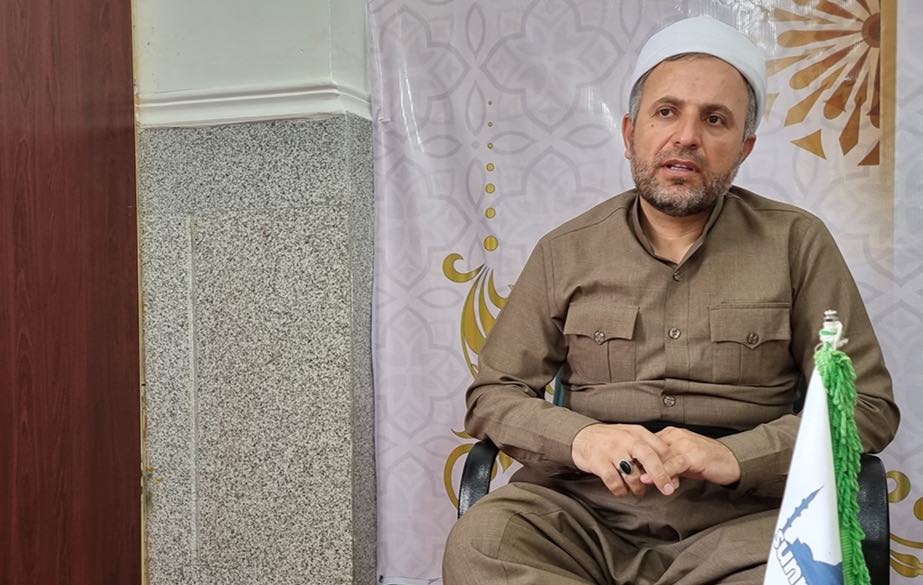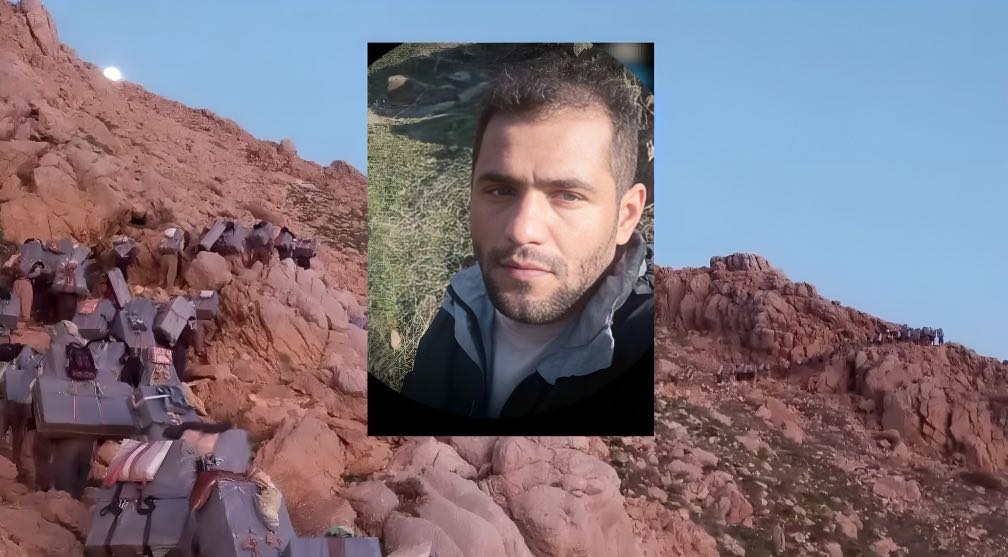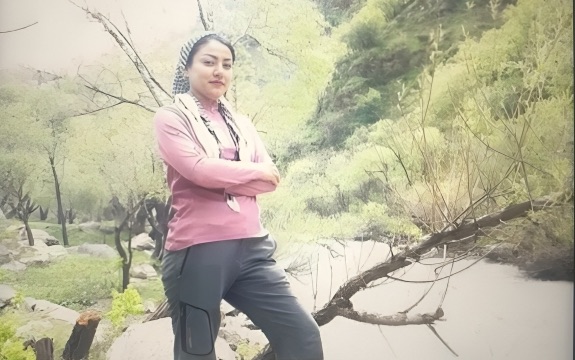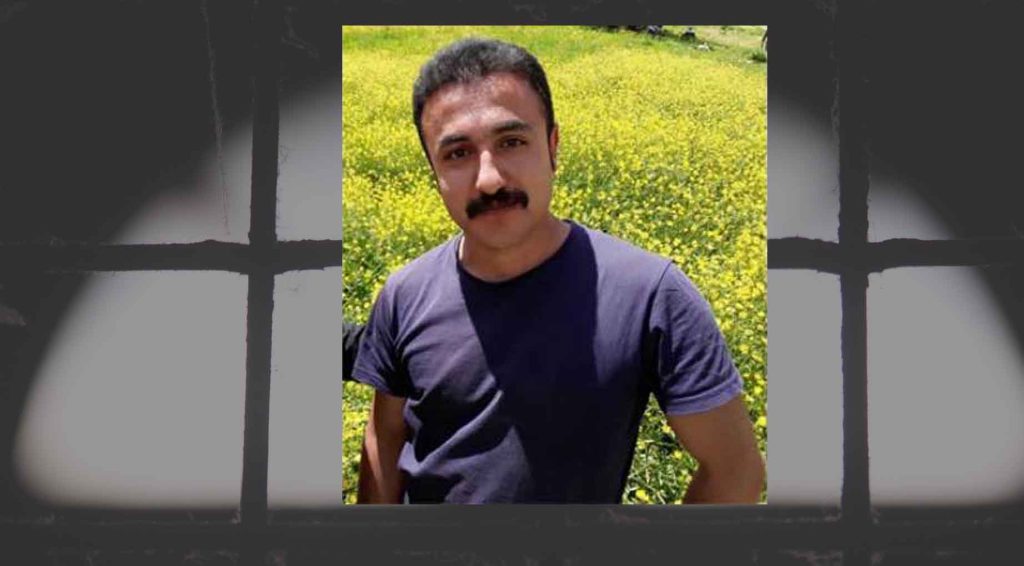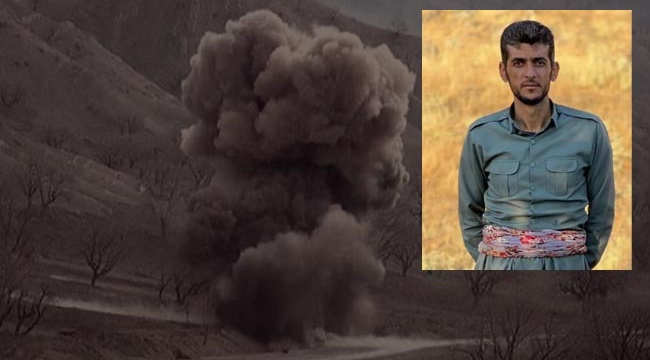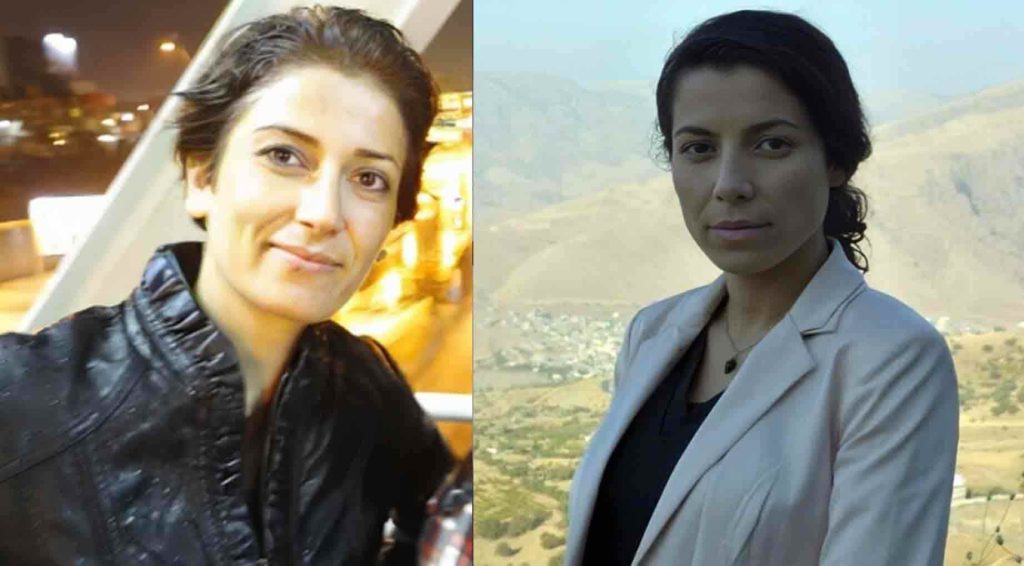Iran’s Supreme Court has overturned the death sentence of Mohammad Khezrnezhad, a Kurdish Sunni cleric arrested during the Women, Life, Freedom anti-government uprising.
State news agencies reported that the sentence had been commuted to imprisonment, but the exact length of the sentence remains unknown to Khezrnezhad and his legal team.
On 11 June, Nasser Atbati, the head of the West Azerbaijan Province Judiciary, told state media: “Khezrnezhad was legally tried in the [Islamic] Revolutionary Court of Orumiyeh in the presence of his lawyers on charges of spreading corruption on earth and was sentenced to death, and his sentence was confirmed and made final by the Supreme Court.”
Explaining the commutation, Atbati said: “Subsequently, due to the convict’s expression of remorse and repentance for his criminal acts and the efforts of the representative of the Supreme Leader in West Azerbaijan Province and several esteemed Sunni clerics from West Azerbaijan and Kurdistan [provinces], especially the revolutionary cleric Haj Molla Ghader Ghaderi, the Friday prayer leader of Paveh, representatives, etc., the case received a positive review by the Amnesty Commission on the occasion of Eid al-Fitr, along with the cases of several other prisoners, and finally his death sentence was commuted to imprisonment with a degree of commutation”.
Although the Mizan news agency, the judiciary and the head of the West Azerbaijan Province Judiciary have announced a “pardon with one degree of commutation” – legally equivalent to life imprisonment – the Kurdistan Human Rights Network (KHRN) has learned that there has been no official notification of the length of Khezrnezhad’s sentence.
On 3 April, Branch 41 of the Supreme Court upheld Khezrnezhad’s death sentence and 16 years’ imprisonment, which had originally been handed down by Branch Three of the Islamic Revolutionary Court of Orumiyeh.
The charges included “spreading corruption on earth” (efsad-e fel arz), “harming the territorial integrity or independence of the country”, and “propaganda against the state”, which sparked significant objections from Iran’s Sunni community.
Following the Supreme Court’s confirmation, Khezrnezhad’s lawyers and family submitted an application for clemency to the Judiciary’s Amnesty and Clemency Commission.
Currently, Khezrnezhad is being held in Reception Ward Two of Orumiyeh Central Prison—reserved for detainees awaiting trial—without adherence to the principle of crime separation.
Background
Khezrnezhad was arrested at his family home in Bukan on 19 November 2022. Security forces forcibly entered the house, subjected him and other family members to violence, and detained his son, Yasser Khezrnezhad, for several days.
His arrest followed a critical speech he gave at a memorial ceremony for Asaad Rahimi, one of the protesters killed during the anti-government uprising of Women Life Freedom in Bukan.
After the protests began, the Sunni Kurdish cleric published comments and articles on his Telegram channel expressing support for the protests and commemorating the protesters killed.
In the initial weeks of his detention, he was denied the right to contact or meet with his family and was subjected to severe physical and psychological torture for forced “confessions” during his 108 days of solitary confinement in the Ministry of Intelligence detention centre in Orumiyeh.
The physical torture was so severe that even after his transfer to Orumiyeh Central Prison, the marks were still visible on his body.
Khezrnezhad’s trial, which was held in four short sessions, the last in November 2023, was conducted via video conference without the right to legal representation. The judge handed down the death sentence and 16 years’ imprisonment solely on the basis of the Ministry of Intelligence’s report, without hearing the defendant’s explanations or defences
The Kurdish Sunni cleric, who was not given sufficient time to defend himself in all four court sessions, denied all charges and stated that all confessions, including the recorded video, were obtained under duress and as a result of severe torture by the Ministry of Intelligence.
He also challenged the jurisdiction of the Revolutionary Court to try him as a cleric and requested to be tried before the Special Clerical Court.
Khezrnezhad holds a master’s degree in Arabic literature and has been mainly engaged in research and translation in the field of Islamic studies in recent years.
Over the past 20 years, he has been forced multiple times by security agencies to step down from his position as an imam at various mosques in the cities of Sanandaj and Bukan, as well as villages in these regions.

